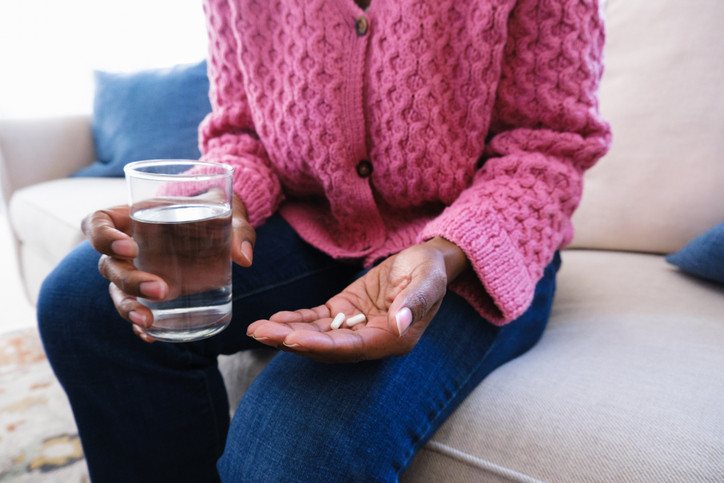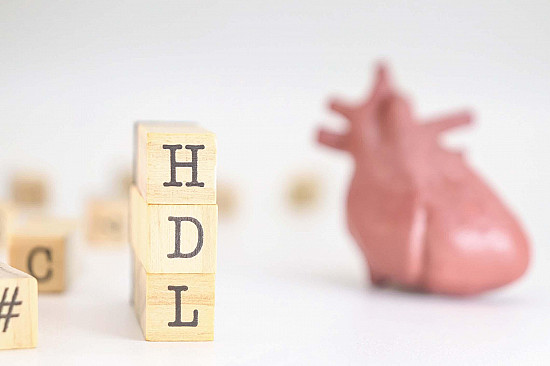Don't count on a supplement to fix high cholesterol
News briefs
- Reviewed by Anthony L. Komaroff, MD, Editor in Chief, Harvard Health Letter; Editorial Advisory Board Member, Harvard Health Publishing

Six types of supplements touted to reduce high cholesterol don't do the job, according to a randomized trial published online Oct. 19, 2022, by the Journal of the American College of Cardiology. Researchers (including Harvard experts) randomly assigned 190 people (ages 40 to 75) with high levels of "bad" LDL cholesterol to take either 5 milligrams of the cholesterol-lowering statin drug rosuvastatin; a supplement containing fish oil, cinnamon, garlic, turmeric, plant sterols, or red yeast rice; or a placebo (inactive pill). After four weeks, people in the statin group showed a 37% drop in LDL cholesterol, a 24% drop in total cholesterol, and a 19% drop in blood triglycerides. Meanwhile, people in the supplement and placebo groups didn't have any significant decreases in these measures. In fact, there were some adverse effects: LDL cholesterol went up for people taking the garlic supplement, and "good" HDL cholesterol dropped for people taking the plant sterols, compared with people taking a placebo. The study was brief, and researchers say it's possible it wasn't long enough to give some supplements a chance to work. But they also point out that the contents of dietary supplements vary and don't produce consistent results. They warn that supplements that are marketed for cholesterol or heart health are unlikely to be effective.
Image: © Grace Cary/Getty Images
About the Author

Heidi Godman, Managing Director
About the Reviewer

Anthony L. Komaroff, MD, Editor in Chief, Harvard Health Letter; Editorial Advisory Board Member, Harvard Health Publishing
Disclaimer:
As a service to our readers, Harvard Health Publishing provides access to our library of archived content. Please note the date of last review or update on all articles.
No content on this site, regardless of date, should ever be used as a substitute for direct medical advice from your doctor or other qualified clinician.
















